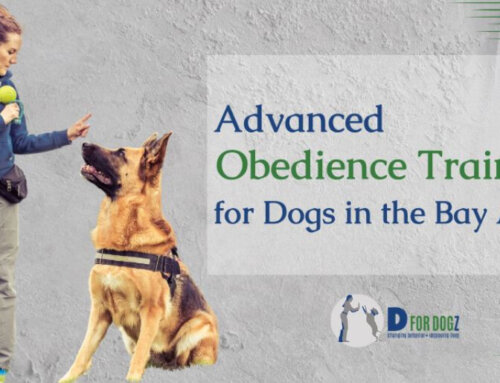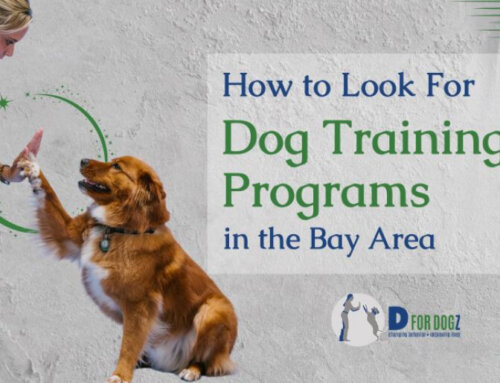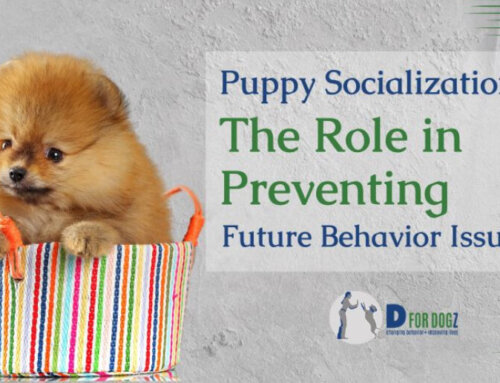Transformative Behavioral Modification Dog Classes in the Bay Area
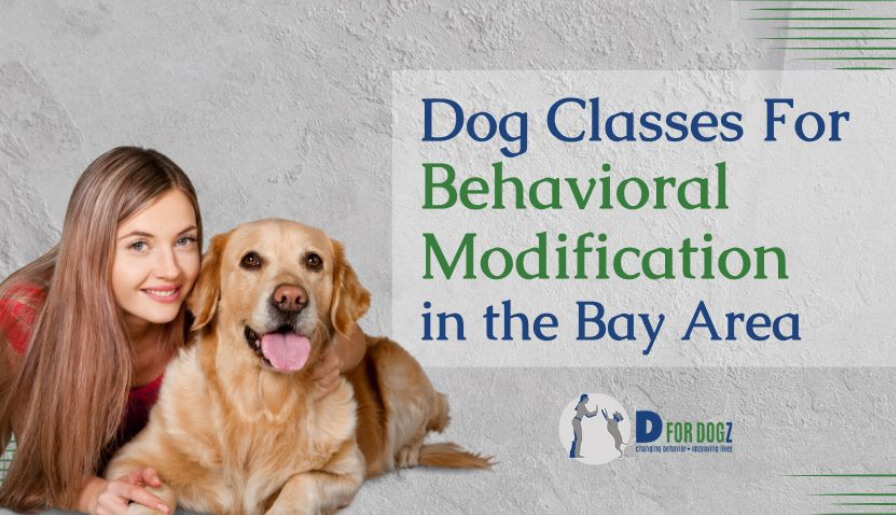
When nurturing a harmonious relationship between you and your dog, addressing behavioral challenges is a crucial step. For dog owners in San Jose, California, facing hurdles like aggression, separation anxiety, or other unique behavioral issues, specialized training classes offer a viable solution to modify these behaviors effectively. Such classes are not just about teaching dogs new commands; they are about transforming the way dogs perceive and react to their environment, ensuring a positive shift in their behavior.
This blog will explore dogs’ unique behaviors and introduce specific training strategies to address these challenges. This focus on behavioral modification is particularly significant for residents in the Bay Area, where the diverse and often bustling environment can add complexity to a dog’s behavior.
Key Takeaways
- Specialized training is essential for effectively addressing and transforming specific behavioral issues in dogs.
- Understanding the root causes of behaviors like aggression, separation anxiety, and resource guarding is the first step toward effective intervention.
- Tailored strategies, including BAT, confidence-building exercises, and desensitization techniques, are crucial for fostering positive behavioral changes.
- Investing in these specialized training programs significantly enhances the dog-owner relationship’s well-being, security, and harmony.
List of Special Behavioral Issues
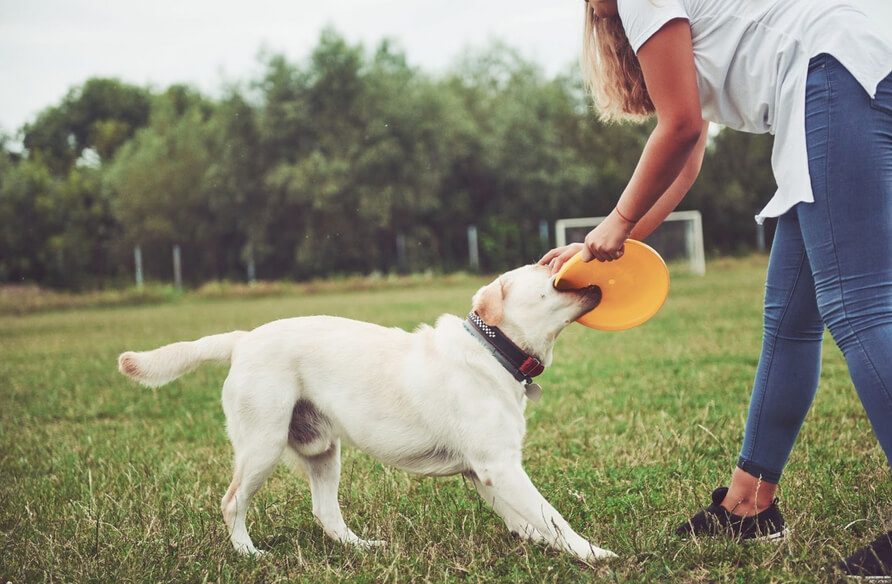
Aggression
Dog aggression is a complex issue that can manifest in various ways, including growling, snapping, and unprovoked attacks on other dogs or humans. This behavior poses a risk to others and the aggressive dog itself, which might end up being isolated or, in worst-case scenarios, euthanized. Understanding these signs and causes is the first step towards addressing aggressive behavior effectively.
Fear and Shyness
Fear and shyness in dogs are not just traits but deeply rooted emotional responses that significantly affect their well-being and behavior. When a dog is consistently fearful or shy, it may display avoidance behaviors, reluctance to engage with people or other dogs, and, in some cases, fear-induced aggression. These behaviors can stem from a lack of socialization, negative experiences, or genetics.
Separation Anxiety

Separation anxiety in dogs is a prevalent challenge many pet owners face, particularly in bustling environments like the Bay Area. This condition can significantly disrupt daily life, leading to destructive behavior, incessant barking, and other stress-related actions such as urination and defecation in inappropriate places and coprophagia when dogs are left alone. The root of separation anxiety often lies in a dog’s fear of isolation and abandonment, compounded by a lack of confidence or previous negative experiences of being alone.
Chewing
Chewing in dogs is a multifaceted behavior influenced by innate instincts and various health concerns. It serves as a natural exploratory and coping mechanism while also potentially indicating underlying health issues. Recognizing the diversity of these causes is critical to effectively addressing and managing chewing behaviors in canines.
Resource Guarding
Resource guarding is a behavior displayed by dogs who need to protect valuable resources from others, such as food, toys, beds, or even people. This instinctual behavior can range from mild (growling or showing teeth) to severe (biting or attacking) and stems from a dog’s natural survival instincts.
How to Manage Dog’s Specific Behavioral Issues
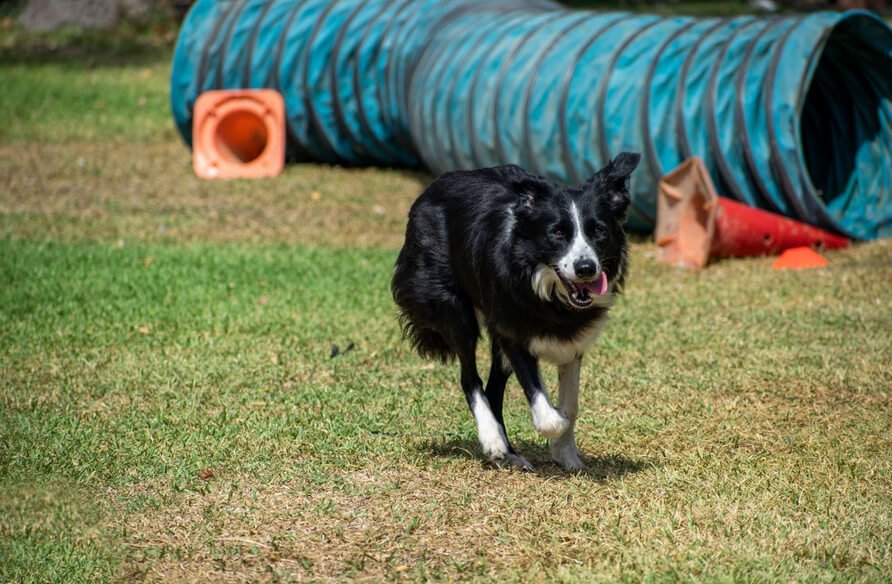
Recognizing the significance of specific behavioral challenges in dogs, pursuing specialized training tailored to address and transform these nuanced needs effectively is essential. Below are curated training programs designed to cater to various behavioral issues, offering targeted support and guidance to facilitate the rehabilitation and improvement of dogs navigating these difficulties:
For Aggression
Behavioral Adjustment Training (BAT)
This strategy focuses on teaching dogs to make healthier choices and improve their emotional response to triggers that cause aggression. It’s designed explicitly for aggression but can also help with fear and anxiety. BAT involves setting up controlled environments where the dog can learn to communicate in a more socially acceptable manner.
Structured Socialization
This training method is critical for addressing aggression stemming from fear or territorial issues. It involves controlled exposure to various stimuli and social situations, encouraging positive interactions and reducing aggressive tendencies. While aimed at aggression, it also benefits dogs with fear, shyness, and socialization issues.
For Fear and Shyness
Systematic Desensitization and Counterconditioning
It is tailored to reduce fear and anxiety by gradually exposing the dog to the fear source in a controlled, non-threatening manner. This technique can also be effective for dogs with aggression or separation anxiety, as it helps to replace the fearful or aggressive response with a positive one.
Confidence Building Exercises
Activities and games designed to build trust and confidence in the dog can help address shyness and fear. While directly targeting fear and shyness, these exercises also indirectly reduce the likelihood of aggression and separation anxiety by fostering a more secure and confident demeanor.
For Separation Anxiety
Crate Training
While not exclusive to separation anxiety, crate training can provide a safe haven for dogs when they are left alone, reducing anxiety by creating a cozy and secure space. This method also helps with house training and preventing destructive behaviors.
Graduated Departure Techniques
Designed explicitly for separation anxiety, this strategy involves gradually accustoming the dog to the owner’s absence, starting with very short departures and progressively increasing the time away. This helps minimize stress and anxiety related to the owner leaving.
Chewing

Appropriate Chew Toys and Puzzle Feeders
Encouraging the use of designated chew toys and engaging puzzle feeders can redirect inappropriate chewing behavior toward more suitable objects. While this training specifically addresses chewing, it can also alleviate boredom and reduce separation anxiety by mentally and physically stimulating the dog.
Resource Guarding
Desensitization and Counterconditioning
Directly targets resource guarding by gradually exposing the dog to the approach of humans or other animals near their valued resource while associating these approaches with positive outcomes. This method effectively reduces guarding behaviors by changing the dog’s emotional response to potential “threats.”
Trade-Up Game
This game is a specific technique for managing resource guarding, teaching the dog that surrendering a guarded item results in receiving something even better. This approach addresses resource guarding and reinforces positive behavior and compliance with commands like “leave it” and “drop it.”
Leave It and Drop It Commands
Essential commands for managing and preventing various problematic behaviors, including resource guarding, aggression, and inappropriate chewing. Training dogs to respond reliably to these commands offers a direct way to intervene and redirect unwanted behaviors.
Safe Spaces
Establishing a secure area where a dog can enjoy its resources without feeling the need to guard it can significantly reduce resource-guarding behavior. While this strategy is tailored for resource guarding, it also contributes to a dog’s overall sense of security and well-being, potentially mitigating anxiety and stress-related behaviors.
This table contains general suggestions where similar training can be found. This should help you visualize how you might organize and where you might look for these specialized training programs.
| Specialized Trainings | Specific Behavioral Issue | Description | Training Institutions |
| Behavioral Adjustment Training (BAT) | Aggression, Fear, Anxiety | Teaches dogs healthier choices and improves emotional responses to triggers, using controlled environments. | Private training companies, specialized animal behaviorists |
| Structured Socialization | Aggression, Fear, Shyness | Involves exposure to various stimuli and social situations to encourage positive interactions and reduce aggression. | Dog training centers, community dog socialization events |
| Systematic Desensitization and Counterconditioning | Fear, Anxiety, Aggression, Separation Anxiety | Gradually exposes dogs to their fear source in a non-threatening manner, replacing negative responses with positive ones. | Animal behavior clinics, private trainers specializing in anxiety and fear-related issues |
| Confidence Building Exercises | Fear, Shyness | Uses activities and games to build trust and confidence, indirectly reducing aggression and separation anxiety. | Dog training schools, community workshops |
| Crate Training | Separation Anxiety | Provides a safe haven for dogs when alone, reducing anxiety and assisting with house training. | Pet stores with training programs, online instructional courses |
| Graduated Departure Techniques | Separation Anxiety | Gradually accustoms the dog to the owner’s absence to minimize stress and anxiety. | Private training consultants, specialized animal behavior clinics |
| Appropriate Chew Toys and Puzzle Feeders | Chewing, Separation Anxiety | Redirects chewing behavior towards suitable objects, alleviating boredom and separation anxiety. | Pet stores, online webinars, dog training centers |
| Desensitization and Counterconditioning (for Resource Guarding) | Resource Guarding | Gradually exposes the dog to humans or animals near their resources, associating positive outcomes to reduce guarding behaviors. | Specialized behaviorists, non-profit animal welfare organizations |
| Trade-Up Game | Resource Guarding | Teaches that surrendering a guarded item results in getting something better, addressing resource guarding. | Dog behavior workshops, community dog training events |
| Leave It and Drop It Commands | Resource Guarding, Aggression, Chewing | Trains dogs to reliably respond to commands to manage and prevent problematic behaviors. | Local dog obedience classes, online training programs |
| Safe Spaces | Resource Guarding | Establishes secure areas for dogs to enjoy resources without guarding, enhancing overall security and well-being. | Animal welfare organizations, private trainers offering home consultations |
Find What You Need With D for Dogz
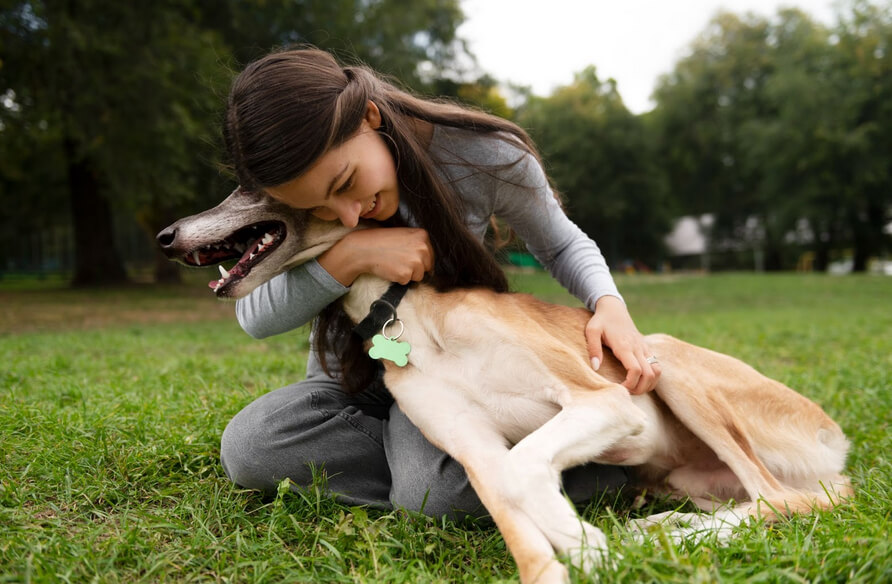
D for Dogz Training, located in the heart of the Bay Area, distinguishes itself as a premier destination for dog owners seeking specialized training solutions that cater directly to the unique challenges of raising a well-behaved companion. With affordability and efficacy at its core, we understand the nuances of canine behavior, from the enthusiasm of a pulling puppy to the complexities of a reactive adult dog, all through the spectrum to refining your dog’s overall manners.
What We Offer
D for Dogz Training offers two primary categories of dog training solutions to meet a wide range of needs and preferences:
Convenient and Flexible Training Options
Our Online Classes and Day School programs provide the perfect blend of convenience and flexibility for dog owners seeking adaptable training solutions. Online Classes allow you and your dog to train at your own pace, from the comfort of your home, while Day School caters to the busy dog owner, offering essential training during your workday.
Personalized and Intensive Learning Experiences
For those looking for more focused or intensive training interventions, our Board & Train and Private Training options are ideal. Board & Train offers a comprehensive learning experience for your dog while you’re away, ensuring they receive the focused attention they need.
Simultaneously, Private Training delivers personalized sessions targeted at addressing specific behavioral issues with precision. Additionally, our Group Classes provide a cost-effective way to enhance social skills and learn basic manners in a social setting with peers.
Conclusion
Addressing specific behavioral challenges in dogs through specialized training is pivotal in fostering a harmonious relationship between dogs and their owners. The diverse behavioral issues require a particular approach considering the underlying causes and the most effective interventions. By investing in these specialized trainings, dog owners in the Bay Area and beyond can significantly improve the quality of life for their furry friends, ensuring they are well-equipped to navigate the complexities of their environments with confidence and ease.
Discover the path to a healthier, happier dog with D for Dogz Training! Whether you’re looking to address specific behavioral challenges, enhance basic manners, or wish for a more harmonious relationship with your furry friend, our diverse range of training options have you covered. Don’t wait to transform your dog’s behavior—visit D for Dogz Training today to learn more about our services and how we can help you and your dog achieve your training goals.
About the Author: Kaajal Tiwary
Kaajal (aka “KT”!) loves puppies and is dedicated to getting new puppy guardians off on the right paw and guiding her students through the tough early days of owning a dog. Her goal? Transforming each bundle of raw puppy energy into the perfect adult companion.


